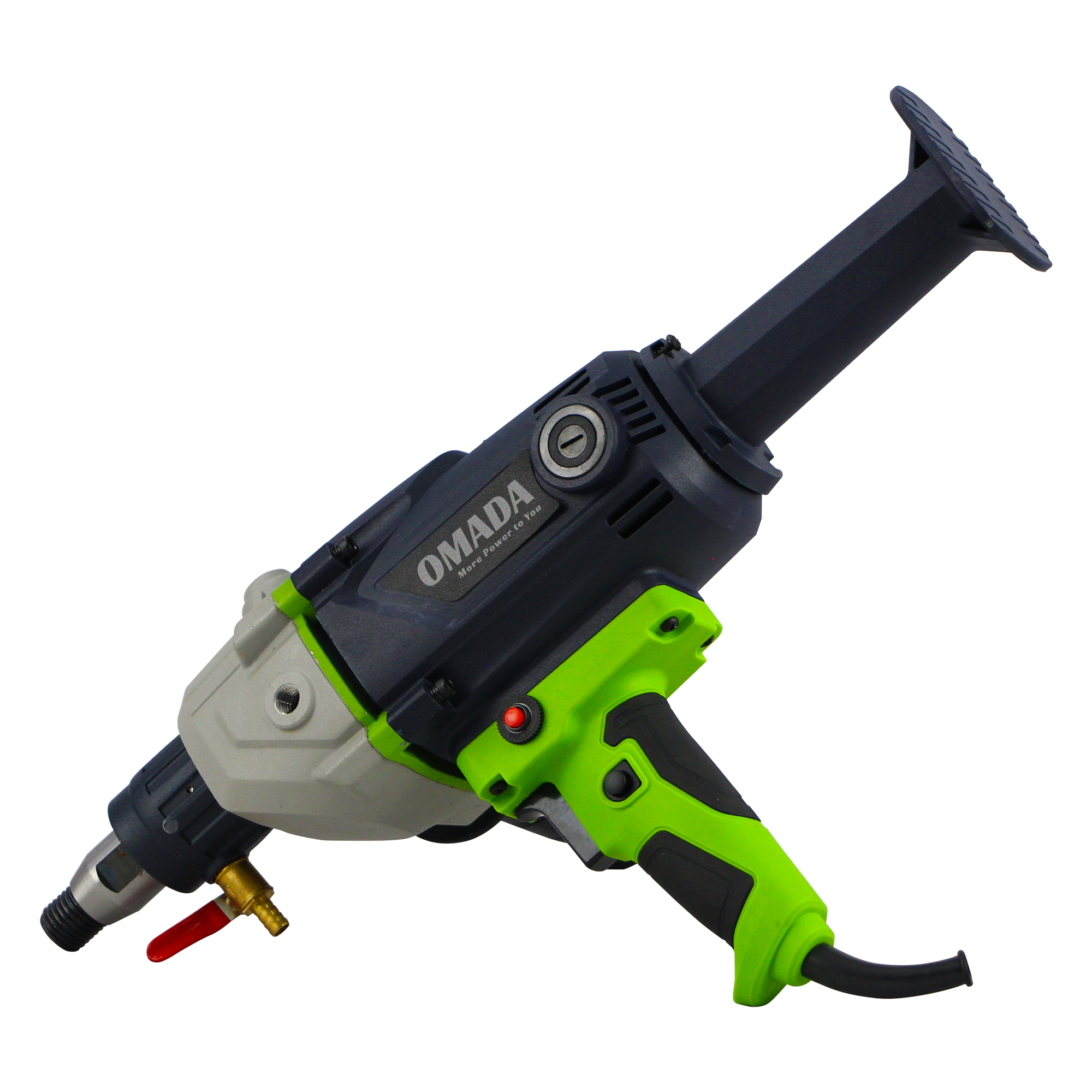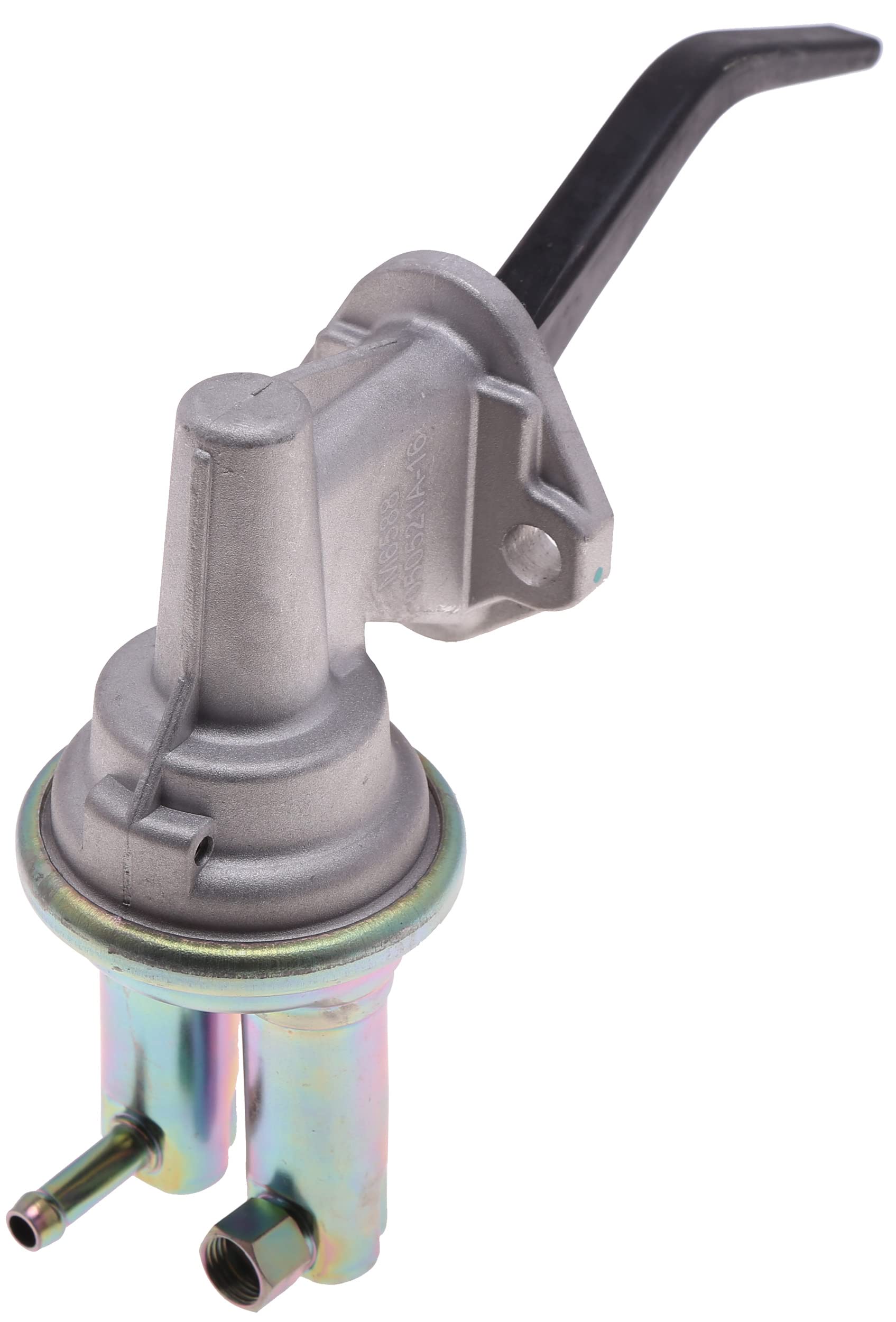In the realm of power tools, the hammer drill stands as a true force to be reckoned with. Combining the rotational power of a drill with the percussive force of a hammer, this versatile tool has revolutionized the construction and DIY industries. In this blog post, we will delve into the world of hammer drills, exploring their functionality, advantages, and diverse applications. Whether you're a professional tradesperson or a DIY enthusiast, understanding the why behind the hammer drill will empower you to make informed decisions and achieve exceptional results.
- The Science Behind the Hammer Drill:
At its core, a hammer drill is designed to create rapid, short, and powerful hammering motions while simultaneously rotating. This unique combination allows the tool to effortlessly penetrate hard materials such as concrete, masonry, and stone. By utilizing a piston mechanism, the hammer drill generates a high-frequency impact force, significantly increasing drilling speed and efficiency compared to traditional drills. - Advantages of Hammer Drills:
2.1 Enhanced Drilling Speed and Efficiency:
The hammering action of the drill enables faster drilling, reducing the time and effort required to complete projects. This advantage is particularly evident when working with tough materials that would otherwise pose a challenge for conventional drills.
2.2 Versatility in Applications:
From construction sites to home renovations, the hammer drill's versatility shines through. It can effortlessly tackle tasks such as drilling holes for anchors, installing electrical fixtures, and even breaking up concrete surfaces. The ability to switch between drilling and hammering modes makes it an indispensable tool for professionals and DIYers alike.
2.3 Precision and Control:
Hammer drills offer adjustable speed and torque settings, allowing users to tailor the tool's performance to specific applications. This precision and control are crucial when working on delicate materials or when a lighter touch is required.
- Applications of Hammer Drills:
3.1 Construction and Remodeling:
In the construction industry, hammer drills are indispensable for tasks like installing electrical conduits, anchoring structural elements, and creating openings for plumbing. Their ability to effortlessly penetrate hard materials makes them a go-to tool for professionals in the field.
3.2 Home Improvement and DIY Projects:
For homeowners and DIY enthusiasts, the hammer drill opens up a world of possibilities. From hanging shelves and mounting TVs to building decks and installing outdoor fixtures, this tool empowers individuals to take on a wide range of projects with confidence and efficiency.
3.3 Masonry and Concrete Work:
When it comes to working with concrete and masonry, the hammer drill is a game-changer. It simplifies tasks such as drilling holes for dowels, anchors, or fasteners, allowing for secure and reliable installations.
Conclusion:
The hammer drill's unique combination of power, speed, and versatility has made it an essential tool in various industries. Its ability to effortlessly penetrate hard materials, coupled with precision and control, sets it apart from conventional drills. Whether you're a professional in the construction field or a DIY enthusiast, understanding the why behind the hammer drill equips you with the knowledge to tackle projects with confidence and efficiency. So, unleash the power of the hammer drill and elevate your drilling experience to new heights.



